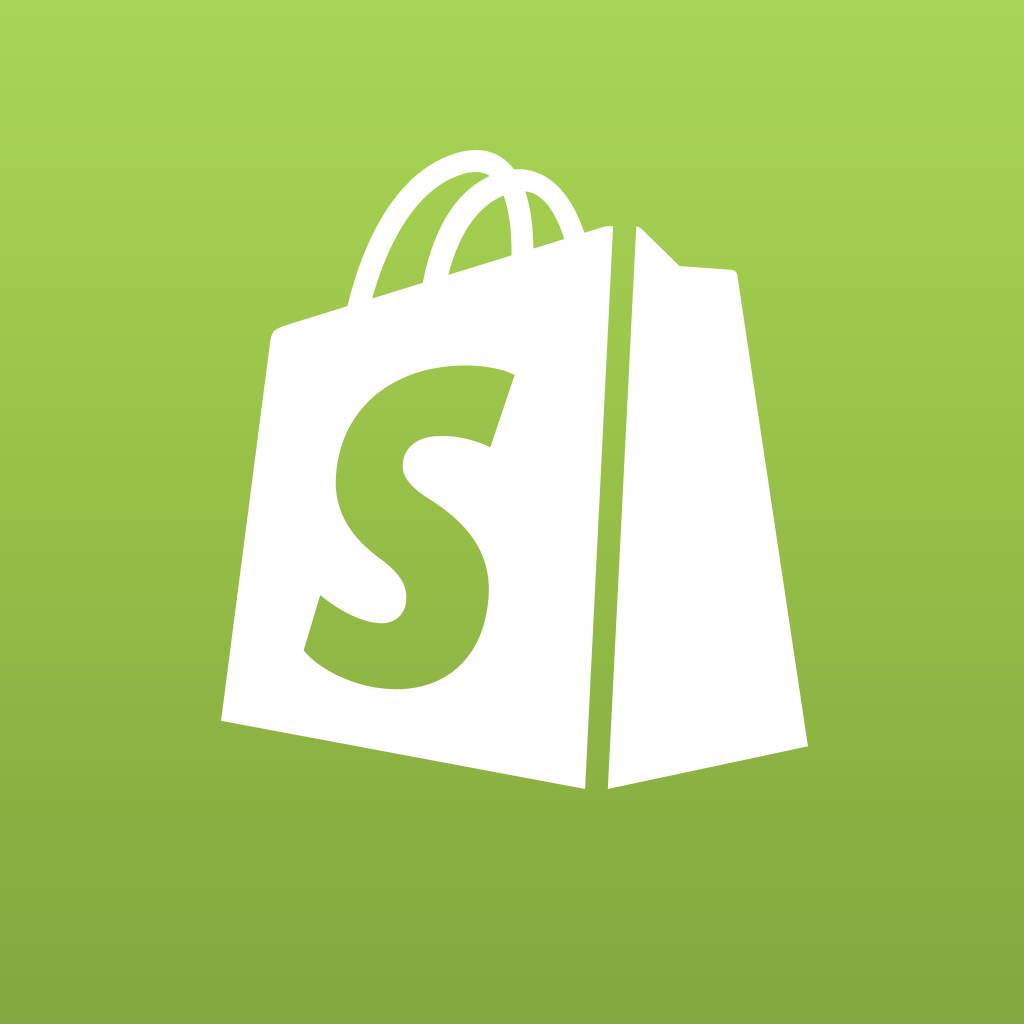
Our company currently operates two websites using the Shopify e-commerce platform, Printkeg and Comic Pop, and we’ve evaluated many others such as BigCommerce and Volusion. In the past, our founders developed our e-commerce website and customer support area from scratch and continued to customize as needed, but this past year they decided to focus less on code and more on the actual business of printing and serving customers.
Unfortunately, we’ve become accustomed to a great deal of customization that we now greatly depend on. Trying to replicate some of that while taking advantages of a new e-commerce platform proved to be more difficult than anyone could have foreseen.
We had very specific reasons for selecting Shopify that we thought were worth sharing with other small businesses. We did not include typical features that most e-commerce giants provide like responsive design, code access, design templates, Paypal integration etc.
1.Variants
Shopify offers an interesting solution for adding product options called variants. Variants allows us to easily assign attributes to options and still maintain complete control over options. This was a nice feature for us since numerous options (paper type, printed sides, set quantities) affects price. Sure, every e-commerce solution lets you create options that fluctuates price, but many do not provide the precise control that variants provide. For instance, I can decide that 100 11×17 flyers printed on 80# gloss card will cost exactly $6.99. That type of scenario is rather difficult to pull off on other platforms.
There are some drawbacks to variants. First and foremost, Shopify limits each product to only three unique options and 100 total variants. That is difficult for us to work with and forced us to rely on a third party app to add more options. Within the core Shopify product, it is impossible to just add a quick option that adds $25 to the cost unless you have no other options. Since we have multiple options for almost everything, we ran out of variants quickly. In the end, the third party app we used works (Product Options by Bold), but adds to our monthly cost.
2. Apps
Shopify has a huge assortment of apps (basically plugins) that allows small businesses to offer amazing services such a loyalty programs, easy shipping labels, customer management, synced email marketing, visitor tracking and much more. Again, this is a feature that other e-commerce giants might also boast, but Shopify has a well-rounded offering that is probably near the best around due to their extremely proficient API.
Each app generally costs a monthly fee and Shopify’s core platform is annoyingly basic. Expect to rely on some apps if you choose Shopify as your e-commerce solution. Many apps are awesome especially those created by large firms (Zapier, Mailchimp, Order Manager to name a few) but others are frustrating since Shopify doesn’t seem to be monitoring developers and app functionality closely enough.
We like the apps since a number of them solve marketing, shipping and service issues with very little effort on our part. For instance, trying to code our own shipping label program that interacted with orders and weight would be a huge project, but it’s practically a given on any any e-commerce solution. Live chats, order management, shipping solutions, Facebook implementation and many more wonderful features are all available at the click of a few buttons (apps are not necessarily easy (or free) to install like those on our smartphones so beware).
3. Easy To Use
In my opinion, Shopify is the easiest shopping cart platform to manually add products to. They’ve worked hard to keep the core product basic and it shows when it comes to usability. Since the UI is so intuitive, it takes little effort to create users (which are not limited) who will need little training to service customers and fulfill orders.
The main obstacle we encountered was the ability to create statuses. Our order management process requires products to pass through different phases and labeling orders in custom statuses keeps us organized and customers informed. Shopify has no great way to solve this problem, but we have tested two solutions (Order Manager and Desk.com) that are fairly acceptable which we may discuss on a later post.
4. No Limit On Traffic
One major attraction to choosing Shopify is there is no limit to bandwidth. Last year, during our peek business months, we were crashing every so often. That is annoying to us, customers and search engines. Big companies like Google, 80sTees.com, LA Lakers, Tesla, Wikipedia and Budweiser trust Shopify’s e-commerce environment, so we feel confident that we’re in good hands. Other companies like Volusion and Bigcommerce did have limitations which were unlikely to be surpassed, but we didn’t want to take that chance.
For most small businesses, traffic is probably not a huge problem when selecting a major e-commerce solution so it’s advisable for most companies to not worry about this aspect very much.
5. API
Both business partners at Printkeg are developers and creators at heart. Shopify provides a robust API that app developers can use to invent unique solutions for storeowners. Our team likes the idea that we could create our own apps to solve our own needs if it ever comes down to that. We don’t necessarily want to build apps or dive into code anymore, but we also don’t want to burn that bridge. If for some reason, we can’t achieve the right control over our processes or features, we will simply build our own. That’s not necessarily an option for most small businesses, the existence of that ability greatly impacted our decision to selecting Shopify.
Conclusion
Shopify has many shortcomings that we did not really outline in this article. However, the platform does possess essential features valued by our company. If your business is looking for an e-commerce solution, feel free to call one of our co-founders, Chris Mullen, using our toll free number to discuss your scenario. Also feel free to shoot him an email at chris[at]printkeg.com.

